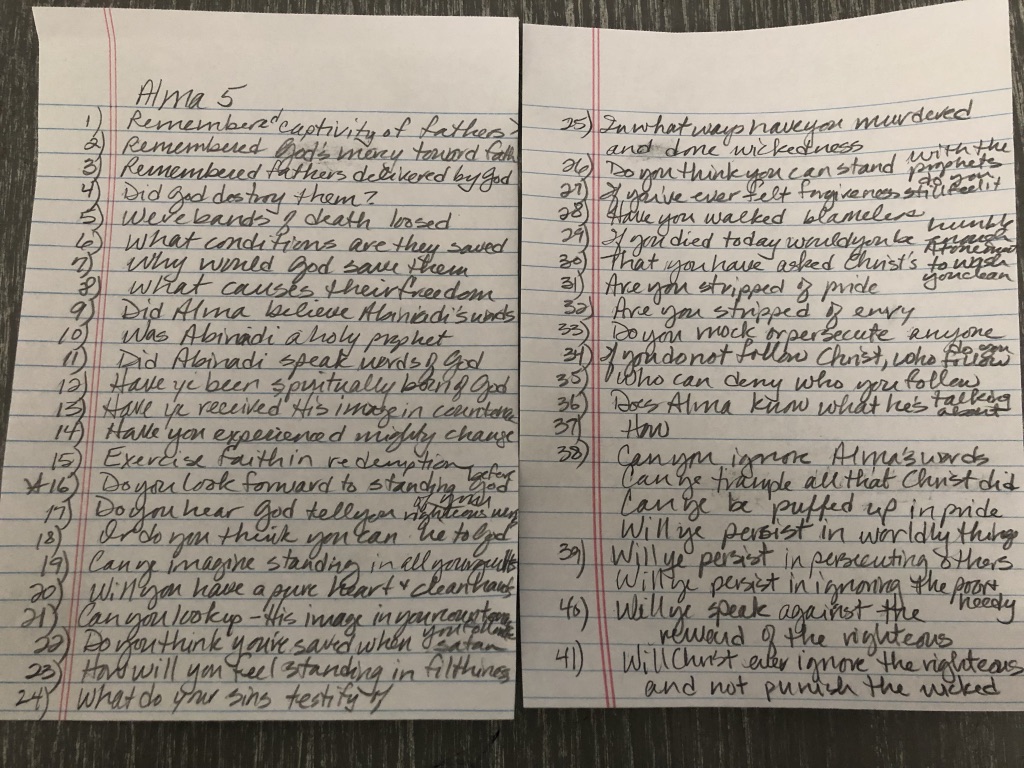
This week, I am covering the October 1985 Saturday morning session. Three talks on love stood out to me.
Elder Loren C. Dunn
reminds us what the first great commandment is:
“Thou shalt love the Lord thy God with all thy heart, and with all thy soul, and with all thy mind. This is the first and great commandment. And the second is like unto it, Thou shalt love thy neighbor as thyself” (Matt. 22:37-39).
Satan is pretty clever. He has inspired our social justice regime to appear “smart, sophisticated, or trendy. To be a little rebellious, a little bit independent, and to disparage some of the traditional doctrines” (as Pres. Faust said in his talk) by only paying attention to the second commandment and forgetting the first and great commandment.
We talk a lot about acceptance, tolerance, being non-judgmental, etc. In fact, the social justice of the world demands that we treat everyone with equal love. And when anyone speaks of obedience to laws or commandments that threaten the social justice regime, the backlash is tremendous.
But what exactly is love in the eyes of the world? What is the result if we give ourselves over to this blanket acceptance of all people who do all things regardless of eternal consequences?
Ezra Taft Benson
invites us to read Alma, chapter 5, to discover forty-one “crucial questions.” He quotes Alma, who said,
“I ask of you, my brethren of the church, have ye spiritually been born of God? Have ye received his image in your countenances? Have ye experienced this mighty change in your hearts?” (Alma 5:14).
This change is a desire to be obedient to God. The result is an overwhelming feeling of love for all mankind.
Take this challenge for yourself. Write down every question asked in Alma 5. You will feel for yourself what these questions do as you ponder them.
Pres. Benson gives us one of the more well-known quotes ever given in our conferences:
“The Lord works from the inside out. The world works from the outside in. The world would take people out of the slums. Christ takes the slums out of people, and then they take themselves out of the slums. The world would mold men by changing their environment. Christ changes men, who then change their environment. The world would shape human behavior, but Christ can change human nature.”
It’s true. When we love Jesus Christ first, we will love ourselves and all others. We will treat ourselves and others with kindness, understanding, acceptance, and love because we know Jesus Christ first loved us (see 1 John 4:19). And when we feel the power of that Christ-like love, we feel powerful enough to change and make life better for ourselves and others.
Robert L. Backman
told some sweet stories—examples—of what Christ-like love can do for people. This sincere, truly unconditional love can bring people up in a world that tears people down. This form of love is called charity.
As we know, “charity is the pure love of Christ” (Moroni 7:47). In fact, we understand that charity really is Christ, or being Christ in our actions. We cannot feel real and true love without Jesus Christ. When we are obedient to Him, our hearts fill with an eternal love that shows in our countenance (which is discussed in Alma 5).
Just this weekend, a Sacrament meeting talk happened to quote Robert D. Hales, who said, “Charity is the ability to make life more meaningful for others” (“Gifts of the Spirit,” BYU Speeches, Aug. 1, 1993).
I find this to be absolutely true. When we put God first, we are blessed to feel love for everyone else. And when we love other people, we realize we are really loving our God. (see Mosiah 2:17). What could make us happier and life more meaningful?